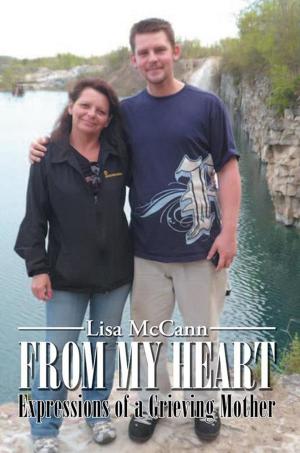The Art of Living & Dying Well
How to Extract the Nectar from Both Faces
Nonfiction, Religion & Spirituality, Inspiration & Meditation, Spirituality| Author: | Peter Roche de Coppens | ISBN: | 9781469175782 |
| Publisher: | Xlibris US | Publication: | March 15, 2012 |
| Imprint: | Xlibris US | Language: | English |
| Author: | Peter Roche de Coppens |
| ISBN: | 9781469175782 |
| Publisher: | Xlibris US |
| Publication: | March 15, 2012 |
| Imprint: | Xlibris US |
| Language: | English |
To live well one must be able to die well and vice versa. Life and death are two faces of the same coin but with a fundamental transformation when one moves from the spiritual dimension to the physical and back to the spiritual. Actually, there is but one thing: Life without beginning and without ending but with two expressions, one on the spiritual plane and the other on the material plane. Today, in the West we find a great paradox: we have made enormous progress at the material, technological level but not at the human and psychological level. One aspect of this paradox is that we do not die well! We are afraid of death, we deny it and seek to postpone it for as long as possible at an enormous human and economic cost. The spiritual tradition always had very substantial cognitive and practical contributions to make to our understanding of life, death, and life after death. The basic objective of this book is to present these contributions and help us die with more dignity and less fear. In fact, this work was written to help you live and die without fear, anxiety, guilt, blame or frustration with an appreciation and gratitude for all our human experiences which include birth, life and death.
To live well one must be able to die well and vice versa. Life and death are two faces of the same coin but with a fundamental transformation when one moves from the spiritual dimension to the physical and back to the spiritual. Actually, there is but one thing: Life without beginning and without ending but with two expressions, one on the spiritual plane and the other on the material plane. Today, in the West we find a great paradox: we have made enormous progress at the material, technological level but not at the human and psychological level. One aspect of this paradox is that we do not die well! We are afraid of death, we deny it and seek to postpone it for as long as possible at an enormous human and economic cost. The spiritual tradition always had very substantial cognitive and practical contributions to make to our understanding of life, death, and life after death. The basic objective of this book is to present these contributions and help us die with more dignity and less fear. In fact, this work was written to help you live and die without fear, anxiety, guilt, blame or frustration with an appreciation and gratitude for all our human experiences which include birth, life and death.















